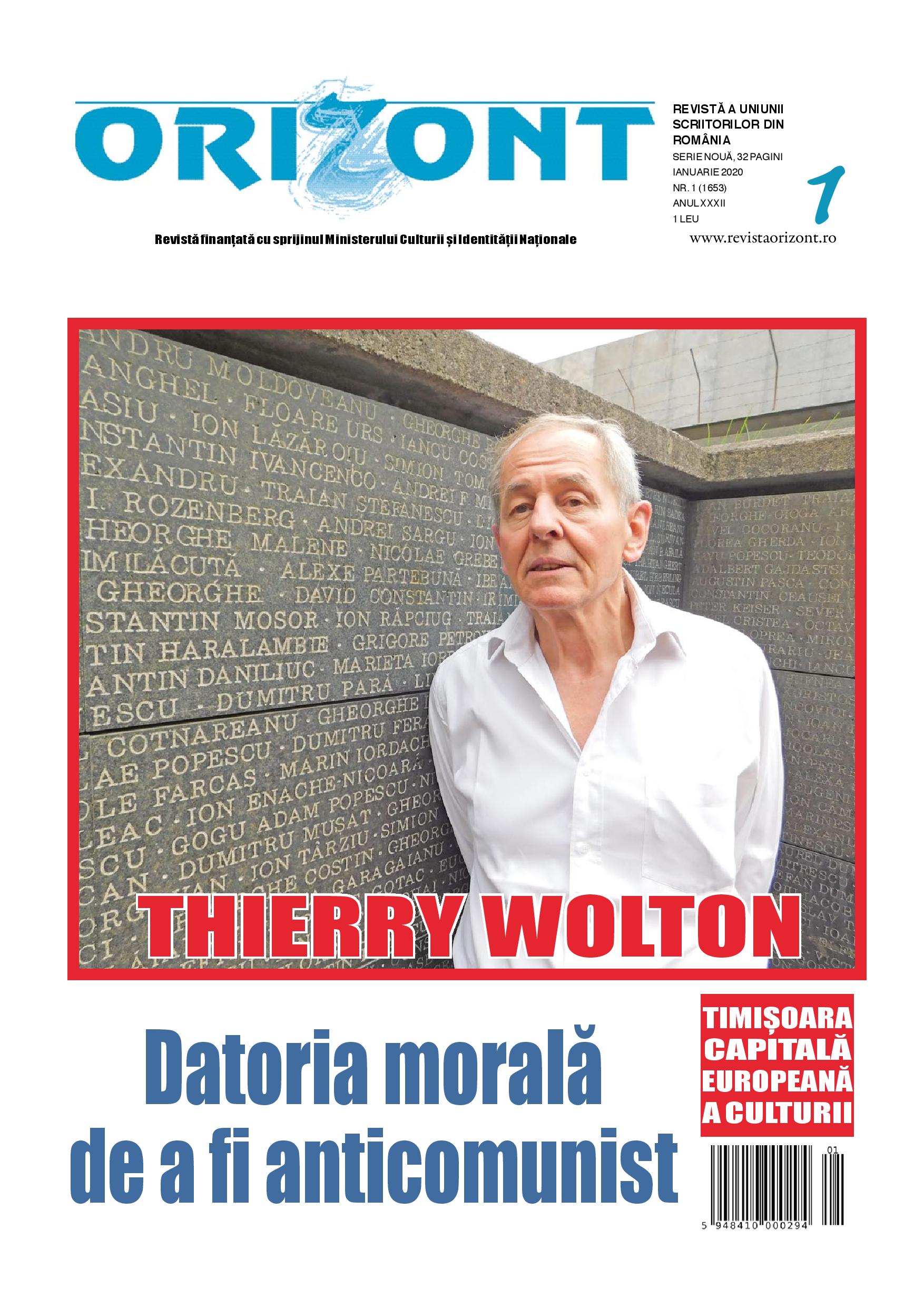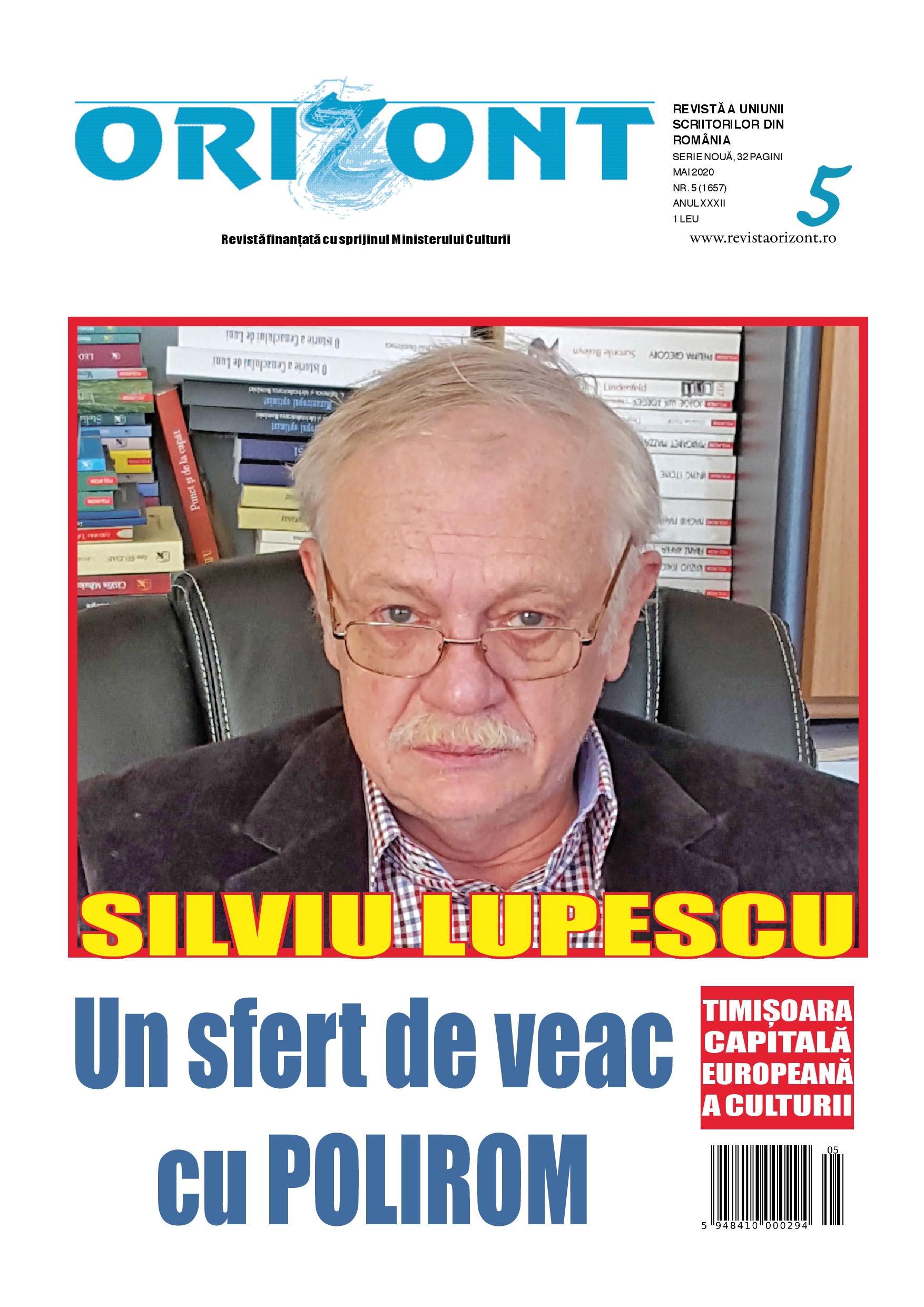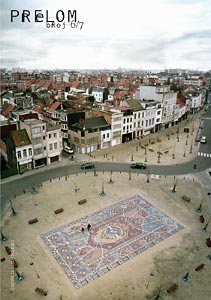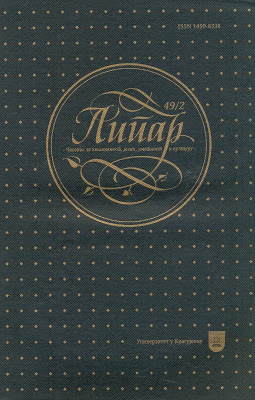
We kindly inform you that, as long as the subject affiliation of our 300.000+ articles is in progress, you might get unsufficient or no results on your third level or second level search. In this case, please broaden your search criteria.

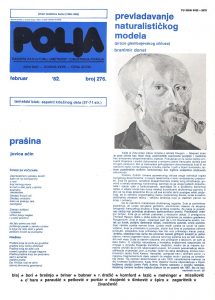
Pisana reč bila je za vreme ustanka nazamenjivi faktor obaveštavanja i vaspitanja i veoma mnogo je doprinela razvijanju i objedinjavanju ustaničkih snaga i njihovom pravilnom usmjeravanju.
More...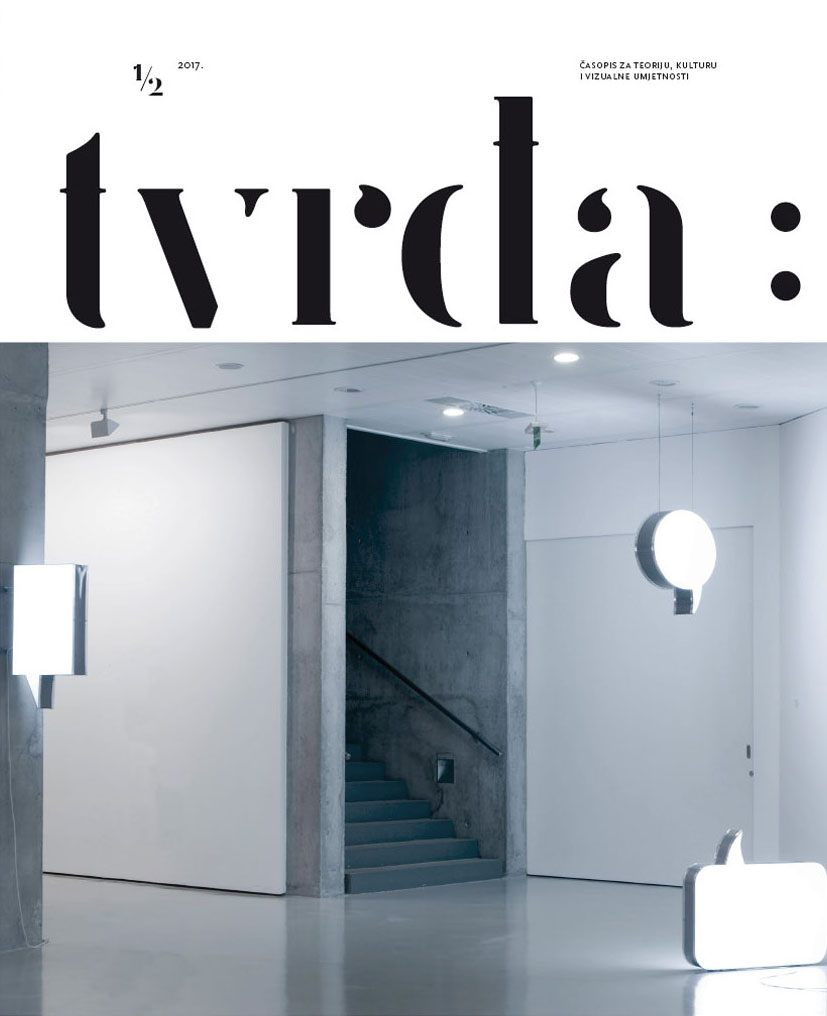
Sve nacije, ne samo one međusobno zaraćene, doživljavaju u ovo vrijeme čudesan povratak prošlih trenutaka. Povijesta i u najsilovitijim epohama voli malu igru analogija. U državnim tvorevinama one svako malo obnavljaju odrešene tipove i možda nam samo iz tih zrcaljenja postaje spoznatljivo jedinstvo jedne nacije, njezina duša.
More...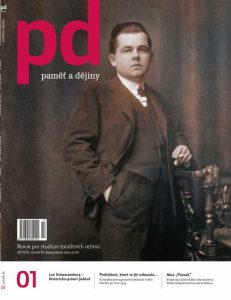
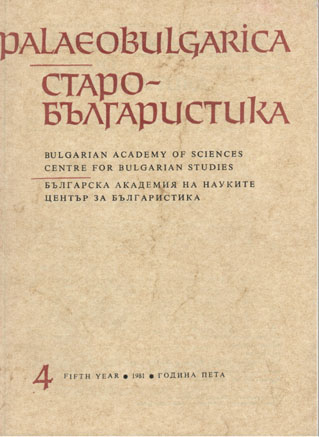

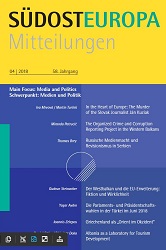
The completion of the third financial assistance program in the summer of 2018 doesn’t yet mark the end of the Greek debt crisis. But it may provide the beginning of a new phase that can turn out less dramatic than the previous ones. Thus an opportunity for a retrospective is available: How has the European and especially the German public perceived the crisis in the past years? A phase that was dominated, more than in any other former program country of the Eurozone, by culturalist interpretations. References to factors such as the “Greek mentality” and “political culture”, though plausible in principle, often relied on biased and even stereotypical historical images. The paper undertakes a critical discussion of culturalist stereotypes about Greece by exploring their ideological roots and confronting them with historical information which, despite being well-known in specialized scholarship, remained largely neglected in the broader public discourse. The critical discussion of stereotypes doesn’t aim at downplaying the peculiarities of modern Greek history and culture. On the contrary it pleads for a more substantial examination in order to get a better understanding of a crisis that continues to concern Greece as well as the EU.
More...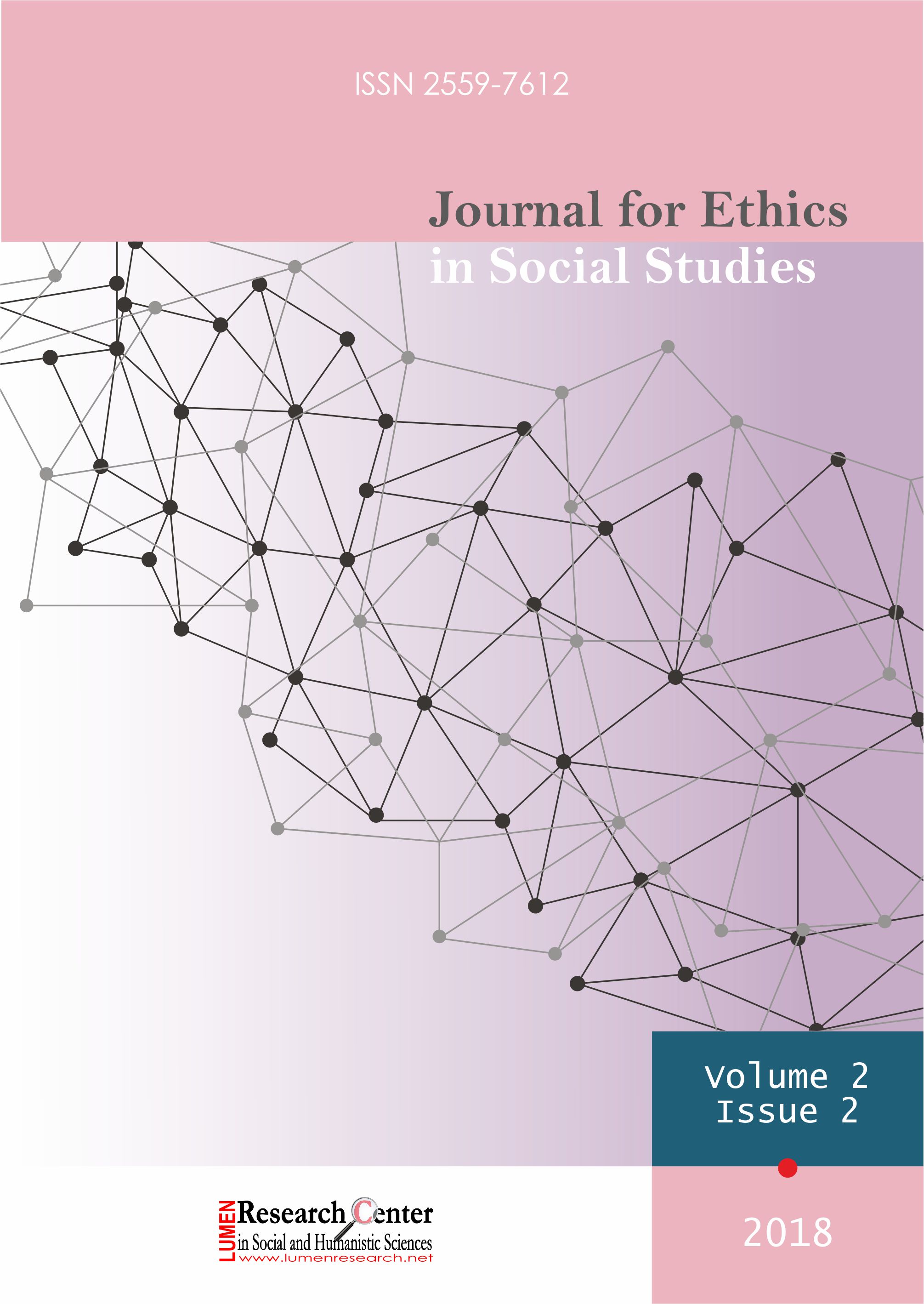
The current paper discusses the origins of the concept of “daguo”, a term used in the Chinese academic literature to refer to the “great powers”. We will use a particular concept, i.e. “mega-daguo”, to refer to entities higher than the great powers (states, in the classic sense), that is new, trans-state or super-state actors of transcontinental or continental dimensions. Such entities create fusions among different civilizations; they have a specific behaviour, distinct from the behaviour of great powers, as currently perceived by us, in the traditional sense of the term. The current paper analyses the typology of mega-daguos; we will refer to the post-Huntingtonian age, that of a world which has overcome the dualist paradigm of the “inevitable conflict” among the civilizations, a world which has turned the principle of dialogue among the mega-daguos into a fundamental principle underlying a world of colossi. The last part of the paper proposes a fundamental document of the new world of post-state actors (mega-daguos), for the 21st century. We will call it the “Charter of peaceful coexistence among the mega-daguos”, with an approach to the issue of reorganizing the UN, in order to be able to come to terms with such reality, in the 21st century post-state world based on a global law, in which post-state actors are also legally responsible for their behaviour and their decisions, at global level.
More...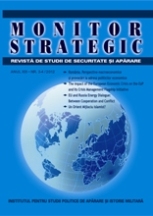
Semnalăm acest număr al revistei Spectrum, scoasă sub egida Centrului de Analize Strategice din Yerevan (Armenia), în anul 2012. Editorul volumului este dr. Gayane Novikova, directorul CAS. Este al cincilea volum al colecţiei Regional Security Issues, scos cu ajutorul Ambasadei Poloniei la Yerevan. Numerele sunt bilingve, fiind editate atât în engleză cât şi în limba armenească. Interesul se manifestă mai ales în ceea ce priveşte subregiunile Caucazul de Nord şi Caucazul de Sud, analizate din perspectiva regimurilor de securitate şi a actorilor locali implicaţi.
More...


